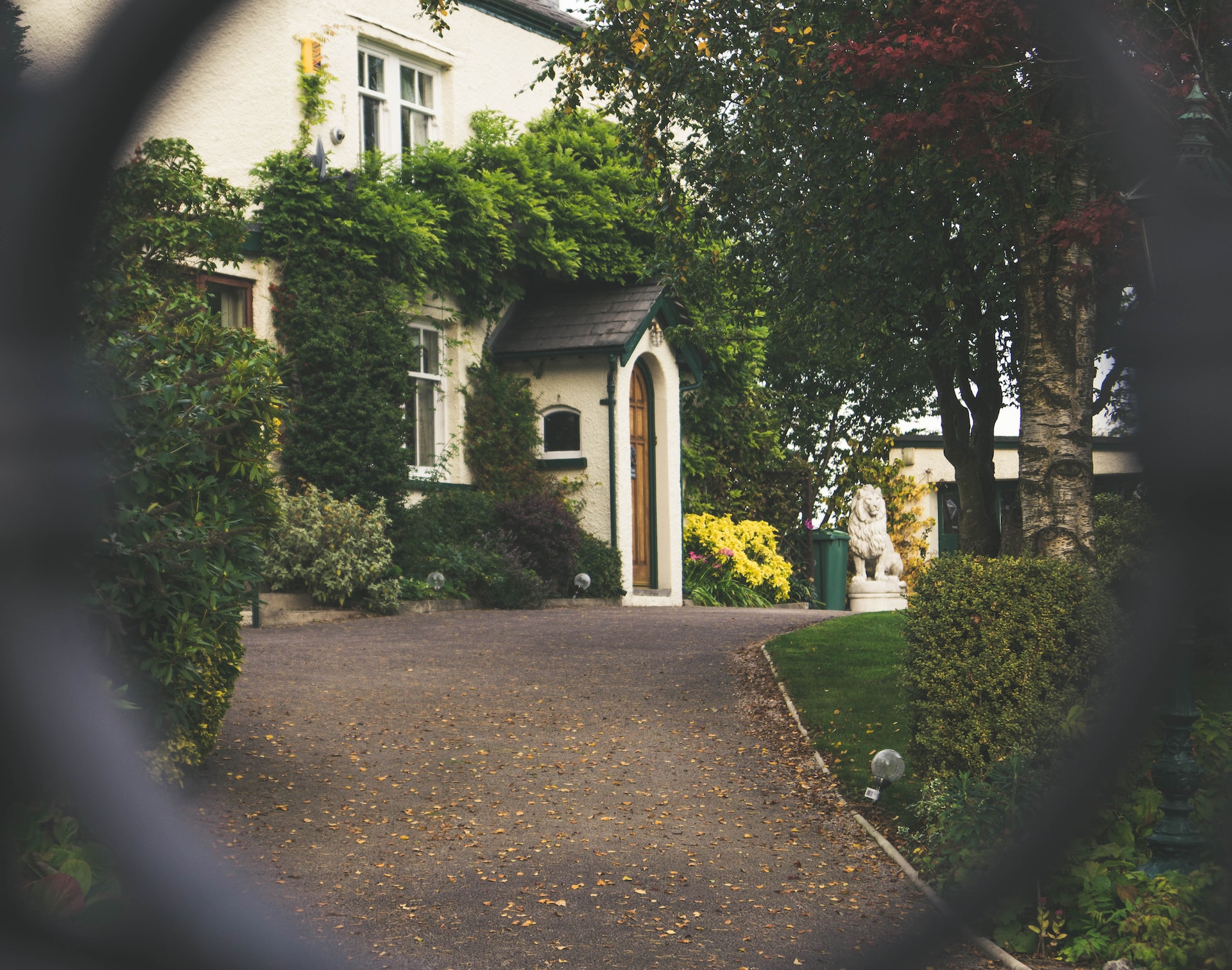

Question: Are heritage homes harder to sell?
Answer: Heritage homes can be harder to sell as they have a more limited buyer pool due to preservation restrictions and potential maintenance costs, which might make them slightly harder to sell compared to newer homes.
Are Heritage Homes Harder to Sell? Old World Charm vs. Modern Demand
Heritage homes, with their allure of times gone by, have always been a subject of admiration. These homes, distinguished by their period architecture, are a testament to the ages they represent, providing a tangible link to the past. Yet, with their historic charm comes the inevitable question of marketability. When put up for sale, does their age and unique character make them a more difficult sell than the sleek lines of modern homes? In this article, we’ll delve deeper into the nuances of selling such properties, shedding light on the various facets that play into the decision-making process of potential buyers.
The Market Appeal: Understanding Buyer’s Perspective
Limited Audience Appeal
Unlike contemporary homes which might cater to a broader audience, heritage homes have a niche appeal. They resonate deeply with a particular subset of buyers – those who value the architectural intricacies, storied walls, and the historic ambience that these homes offer. However, this select audience could mean that finding the right buyer might take a tad longer than for homes of a more modern design.
Click the link to find out how much can my house sell for
Related Article: Are Heritage Homes Worth More?
Related Article: What are the Cons of an Old House?
Trending Desires
The constantly evolving world of real estate is often influenced by design trends. Currently, the spotlight seems to be on homes with modern aesthetics, open spaces, and minimalist designs. While the rustic charm of heritage homes is undeniable, these prevailing market trends could sometimes make them less appealing to a segment of buyers who prioritize modern conveniences over historical character.
Legal Considerations: Navigating the Regulations
Heritage Designations
Preservation of history is paramount. Consequently, many heritage homes come with designations aimed at safeguarding their historic elements. While these designations help in preserving the cultural fabric of an area, they can sometimes impose limitations on structural modifications, a factor that could be a deterrent for some potential buyers.
Zoning Restrictions
Beyond the heritage-specific designations, zoning laws can add another layer of complexity. These regulations may limit the extent to which a property can be modified, expanded, or even repurposed. Such restrictions could make a heritage home less enticing to buyers with grand visions of renovation or expansion.
Maintenance and Renovation: A Costly Endeavor
Ongoing Maintenance
Preserving the authentic aura of heritage homes is no small feat. It often involves meticulous maintenance routines, aimed at ensuring that the historical essence remains untouched. However, such maintenance can be resource-intensive, both in terms of time and money. Buyers are likely to factor in these additional costs when considering such properties.
Complex Renovations
The delicate task of updating a heritage home while maintaining its historic essence is not for the faint-hearted. Renovations, more than just being aesthetic uplifts, need to adhere to strict guidelines that ensure the historical value remains uncompromised. As such, projects may be lengthier and more expensive than similar undertakings in a newer home.
Financing: A Potential Barrier
Mortgage Challenges
While the charm of a heritage home might tug at one’s heartstrings, the practicalities of financing such a purchase can be daunting. Given the age and unique characteristics of these homes, lenders might perceive them as higher risk investments. This perception can translate to stricter lending criteria or even higher interest rates, adding another hurdle for potential buyers.
Insurance Considerations
Equally challenging can be the process of insuring these historic gems. Their distinct architectural features, coupled with age-old building materials, might necessitate specialized insurance policies. Such policies, tailored to the unique needs of heritage homes, often come with heftier premiums, adding to the overall cost of ownership.
Marketing: A Special Approach
Targeted Marketing
Putting a heritage home on the market demands a different strategy. General advertising might not suffice. Instead, a tailored approach that accentuates the home’s historical significance, its tales of yore, and its unique features will resonate more with potential buyers. This specialized approach, though effective, might require more resources than a typical sale.
Professional Assistance
The intricacies involved in selling a heritage property underline the importance of expert guidance. Partnering with a realtor who has a track record in dealing with such unique properties can be invaluable. Their insights can help navigate the maze of regulations, target the right audience, and ultimately find a buyer who truly values the home’s rich legacy.
Click for more information about Jen Jewell
Conclusion: Balancing the Pros and Cons
Summing up, while heritage homes come with a bouquet of challenges, from their niche appeal and legal restrictions to potential financing and insurance hurdles, they’re also imbued with unmatched charm and character. The process of selling might be dotted with obstacles, but for the discerning buyer, these homes offer an experience, not just a dwelling.
Indeed, the question of their marketability isn’t black and white. It’s shaded with the hues of history, cultural significance, and architectural beauty. With the right strategy and understanding of the intricacies involved, selling a heritage home can be as rewarding as living in one, echoing the narratives of the past while scripting a new chapter for the future.


